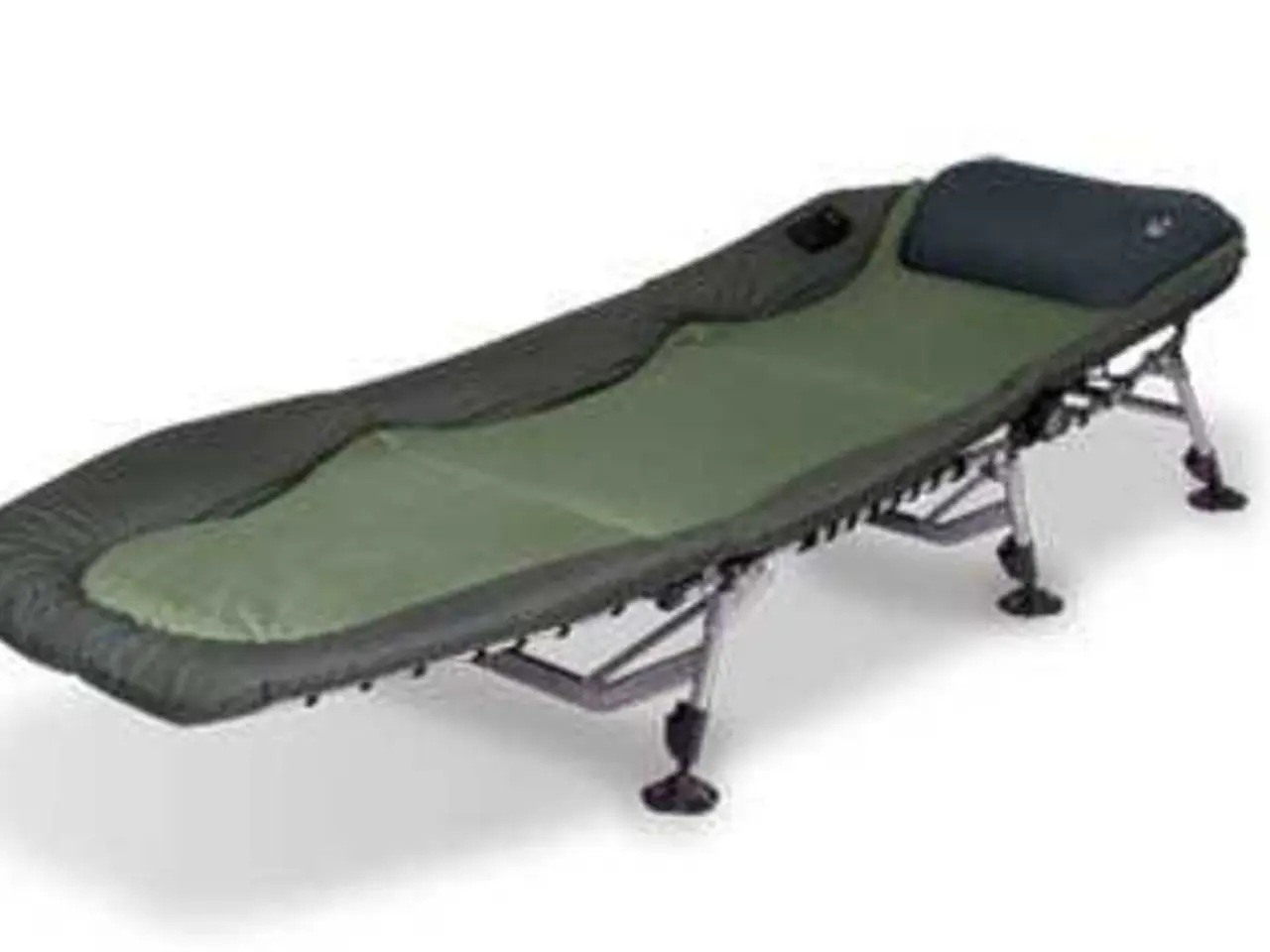Vitamins for managing Restless Leg Syndrome?
Restless Legs Syndrome (RLS) is a neurological disorder that affects 7 to 10% of the United States population, characterized by unpleasant sensations in the legs and an irresistible urge to move them. While there is no evidence that any vitamin worsens RLS symptoms, certain vitamins may play a role in managing this condition.
Vitamin C, or ascorbic acid, is a key player in the growth and repair of body cells. Research suggests that vitamin C supplementation can potentially improve RLS symptoms and sleep quality. One proposed mechanism is that vitamin C enhances the absorption of non-heme iron, which is important as iron deficiency is a known contributor to RLS. A 2016 study suggests that vitamins C and E, taken alone or as a combination therapy, are likely effective in the treatment of RLS associated with end-stage renal disease. However, the exact mechanism by which vitamin C alleviates RLS remains unclear.
Vitamin D, known for its role in maintaining healthy bones and muscles, regulating blood sugar levels, and boosting immunity, has shown mixed results in relation to RLS. While there is some observational evidence linking low vitamin D levels to various sleep disorders, including RLS, interventional studies show mixed results. Vitamin D supplementation has not been conclusively proven to reduce RLS symptoms directly.
Vitamin E, a fat-soluble antioxidant present in many foods, helps with protecting and slowing cell damage, boosting the immune system, preventing blood clots, and dilating blood vessels. However, direct evidence of vitamin E alone treating RLS is limited. Vitamin E combined with vitamin C has shown benefits for sleep apnea and related sleep disturbances, which are different but may co-occur with RLS.
Current studies and recommendations indicate that vitamins C, D, and E may have roles in managing RLS, but their effects vary and are generally adjunctive to primary treatments. Lifestyle modifications such as avoiding stimulants, quitting smoking, following a regular bedtime schedule, having a leg massage, applying a hot or warm compress to the leg, taking a hot bath in the evening, relaxation exercises such as yoga and tai chi, may ease the severity of RLS symptoms.
The RDA of vitamin C for adults is 75 to 90 milligrams (mg) daily, depending on age and sex. The RDA of vitamin D for adults aged 19 to 70 is 15 micrograms (mcg). The RDA of vitamin E is 15 mg daily for people aged 14 years and older, and 19 mg for chestfeeding people.
While the onset for people with a familial type of RLS usually begins before age 45, people may experience symptoms at any age. People with certain medical conditions should speak with a doctor before taking vitamin C for RLS, as it can interact with other medications and treatments.
In summary, vitamins C and iron supplementation are supported for RLS patients with iron deficiency, while vitamins D and E have insufficient direct evidence for RLS treatment but may have ancillary benefits. Pharmacological therapies remain the cornerstone for managing RLS symptoms. It is essential for individuals taking anticoagulant or antiplatelet medications, antioxidants such as simvastatin and niacin, chemotherapy or radiation therapy, to speak with a doctor before considering taking vitamin E for RLS. Lifestyle modifications and iron status optimization remain foundational.
- The 2016 study indicates that vitamins C and E, taken alone or as a combination therapy, are likely effective in the treatment of Restless Legs Syndrome (RLS) associated with end-stage renal disease.
- While vitamin C enhances the absorption of non-heme iron, which is known to contribute to RLS, research is still unclear about the exact mechanism by which vitamin C alleviates RLS symptoms.
- For those with a familial type of RLS who experience symptoms before age 45, iron deficiency may be a factor, and vitamin C supplementation could potentially be beneficial, but individuals should consult their doctors first to discuss potential interactions with other medications and treatments.




